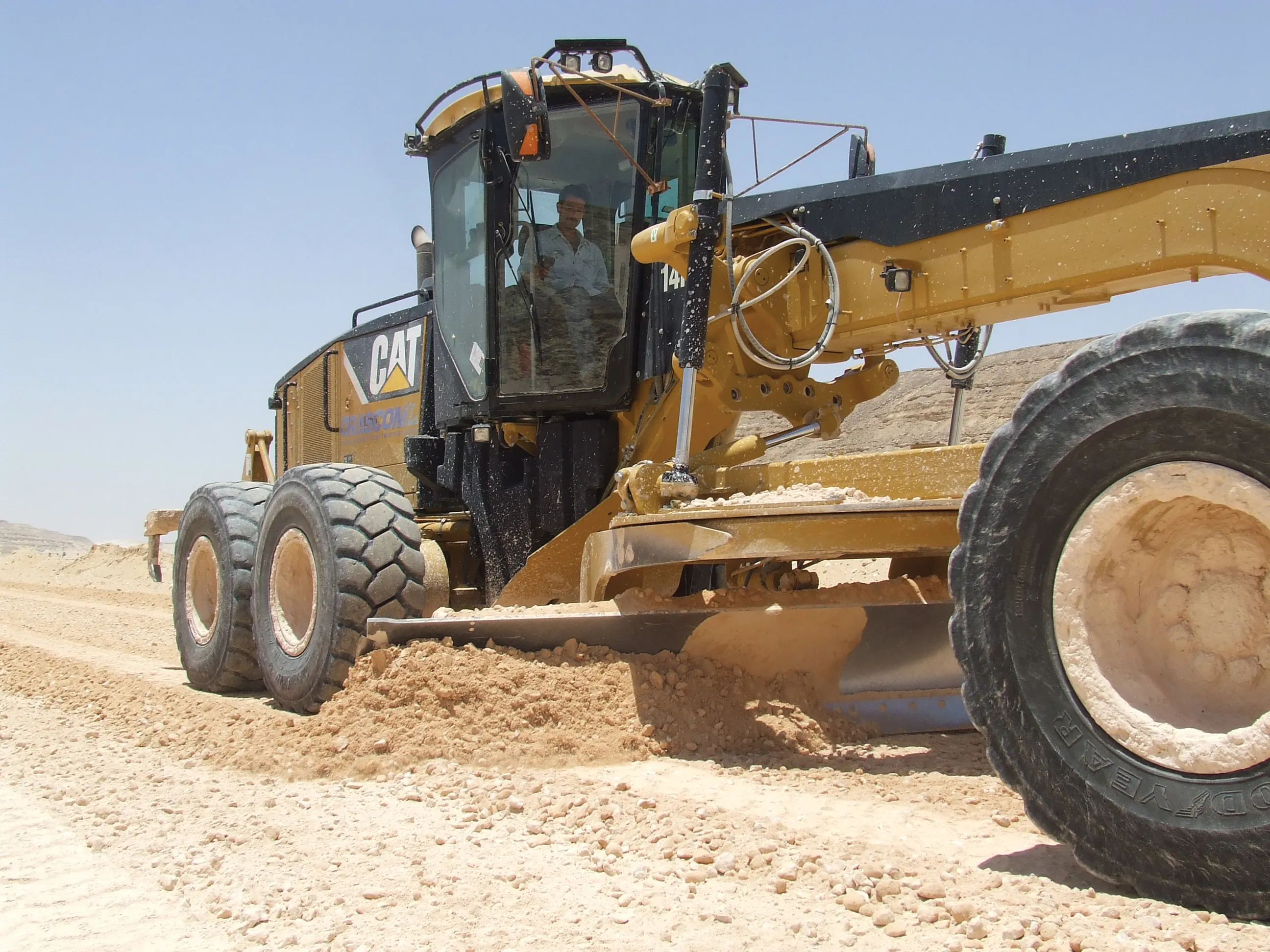A series of tenders for major highway, tunnel and road repair projects are being opened in Brazil. The country’s national transport infrastructure department, DNIT, has set out plans for a series of tenders, all of which form part of phase 2 of the country's growth acceleration plan, PAC. The first of the key projects opening for tender will be the new Morro dos Cavalos tunnel, which will be constructed in the southern state of Santa Catarina. This 1.36km tunnel will be built in the city of Palhoça and form
July 4, 2014
Read time: 2 mins
A series of tenders for major highway, tunnel and road repair projects are being opened in Brazil. The country’s national transport infrastructure department, DNIT, has set out plans for a series of tenders, all of which form part of phase 2 of the country's growth acceleration plan, PAC. The first of the key projects opening for tender will be the new Morro dos Cavalos tunnel, which will be constructed in the southern state of Santa Catarina. This 1.36km tunnel will be built in the city of Palhoça and form part of federal highway BR-101. The work is expected to cost some US$295 million and the tunnel should be open to traffic by 2017. Another key Brazilian project also involves the BR-101, with plans to widen a 25km section of the highway in the northeastern state of Pernambuco. The highway section being upgraded runs from the city of Palmares to the Pernambuco-Alagoas state line. Towards the end of 2014 DNIT will commence the tender process for a series of repair and maintenance projects to some 15,000km of federal highways, work which forms part of the CREMA national road programme. In all CREMA involves a budget worth $9.81 billion for the 2011-2014 period.







